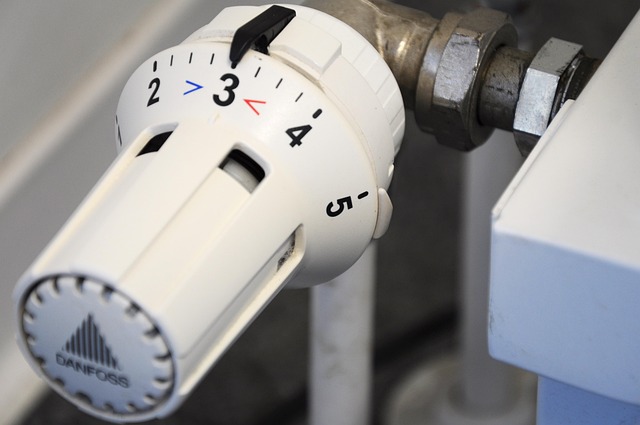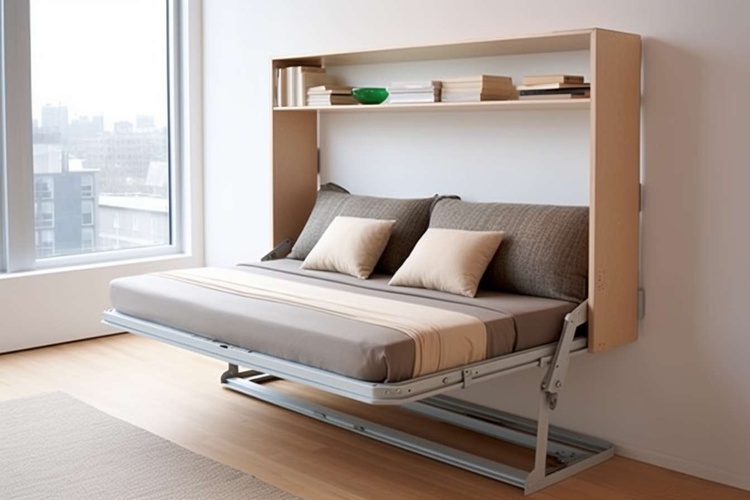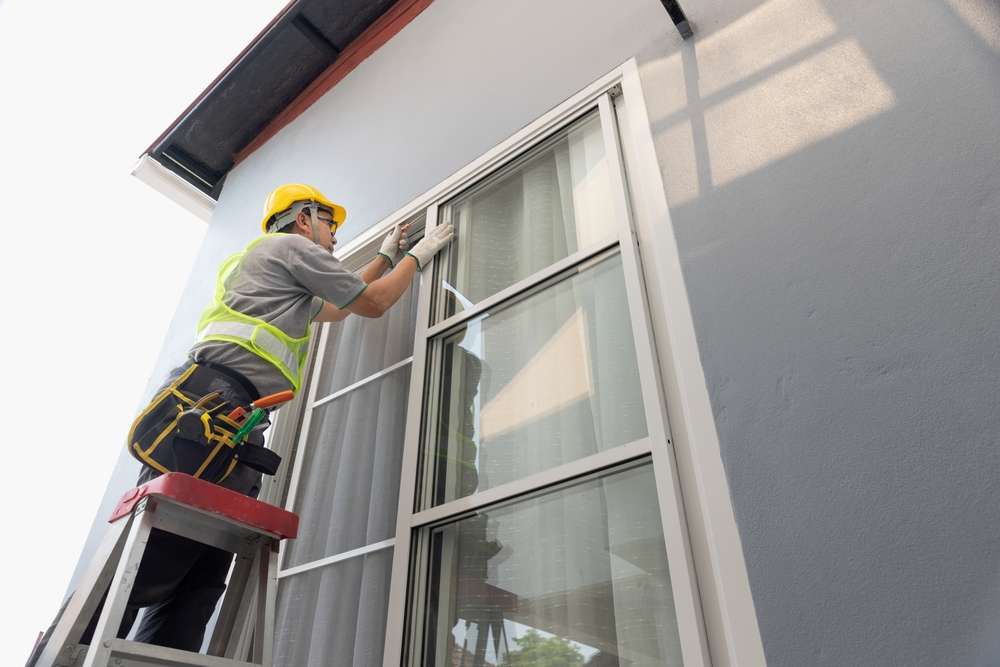This 5-Minute HVAC Fix Could Save You Thousands Later
Your HVAC system is the unsung hero of your home, working tirelessly to keep you comfortable year-round. But like any complex machinery, it can develop issues that, if left unchecked, could lead to costly repairs or replacements. Fortunately, there's a simple 5-minute fix that could potentially save you thousands of dollars in the long run. Let's explore this quick maintenance task and why it's so crucial for your HVAC system's longevity and efficiency.

What is the 5-minute HVAC fix everyone should know?
The 5-minute fix that could save you a fortune is simply changing or cleaning your HVAC air filter. This small component plays a vital role in your system’s performance and efficiency. A dirty or clogged filter forces your HVAC system to work harder, increasing energy consumption and potentially leading to premature wear and tear on crucial components.
How often should you perform this quick maintenance task?
For optimal performance, you should check your air filter monthly and replace or clean it every 1-3 months, depending on factors such as filter type, air quality, and system usage. During peak seasons (summer and winter), when your HVAC system is working overtime, more frequent checks may be necessary. Setting a recurring reminder on your phone or calendar can help you stay on top of this simple yet critical maintenance task.
Why is a clean air filter so important for your HVAC system?
A clean air filter is essential for several reasons. First, it improves indoor air quality by trapping dust, pollen, and other airborne particles. Second, it enhances your HVAC system’s efficiency, allowing it to circulate air more freely and maintain desired temperatures with less effort. Lastly, a clean filter prevents dust and debris from accumulating on sensitive components, reducing the risk of breakdowns and extending your system’s lifespan.
What are the potential consequences of neglecting this simple fix?
Ignoring your air filter can lead to a cascade of problems. A clogged filter restricts airflow, forcing your system to work harder and consume more energy. This increased strain can lead to overheating, frozen coils, or even compressor failure – all of which are expensive repairs. Moreover, poor filtration can result in reduced indoor air quality, potentially exacerbating allergies or respiratory issues.
How can you locate and access your HVAC air filter?
Most residential HVAC systems have their air filter located in one of two places: either in the return air duct or directly in the air handler unit. To find yours, look for a large vent on a wall or ceiling, often near the thermostat. Alternatively, check your furnace or air handler for a slot designed to hold the filter. If you’re unsure, consult your HVAC system’s manual or contact a local HVAC professional for guidance.
What are the cost implications of regular filter maintenance vs. major repairs?
Regular air filter maintenance is an incredibly cost-effective way to protect your HVAC investment. Let’s compare the costs of routine filter changes against potential major repairs:
| Maintenance/Repair | Average Cost | Frequency |
|---|---|---|
| Air Filter Replacement | $10 - $30 | Every 1-3 months |
| Emergency AC Repair | $150 - $1,000 | As needed |
| Compressor Replacement | $1,500 - $2,500 | Every 10-15 years (with proper maintenance) |
| Full HVAC System Replacement | $5,000 - $10,000+ | Every 15-20 years (with proper maintenance) |
Prices, rates, or cost estimates mentioned in this article are based on the latest available information but may change over time. Independent research is advised before making financial decisions.
As you can see, the cost of regular filter changes is minimal compared to the potential expenses of major repairs or system replacements. By investing a few minutes and dollars every few months, you could save thousands in the long run while enjoying a more efficient and reliable HVAC system.
In conclusion, the 5-minute fix of regularly changing or cleaning your HVAC air filter is a simple yet powerful way to maintain your system’s efficiency, extend its lifespan, and potentially save thousands on costly repairs. By making this quick task a part of your routine home maintenance, you’ll ensure your HVAC system continues to provide comfort and value for years to come.




